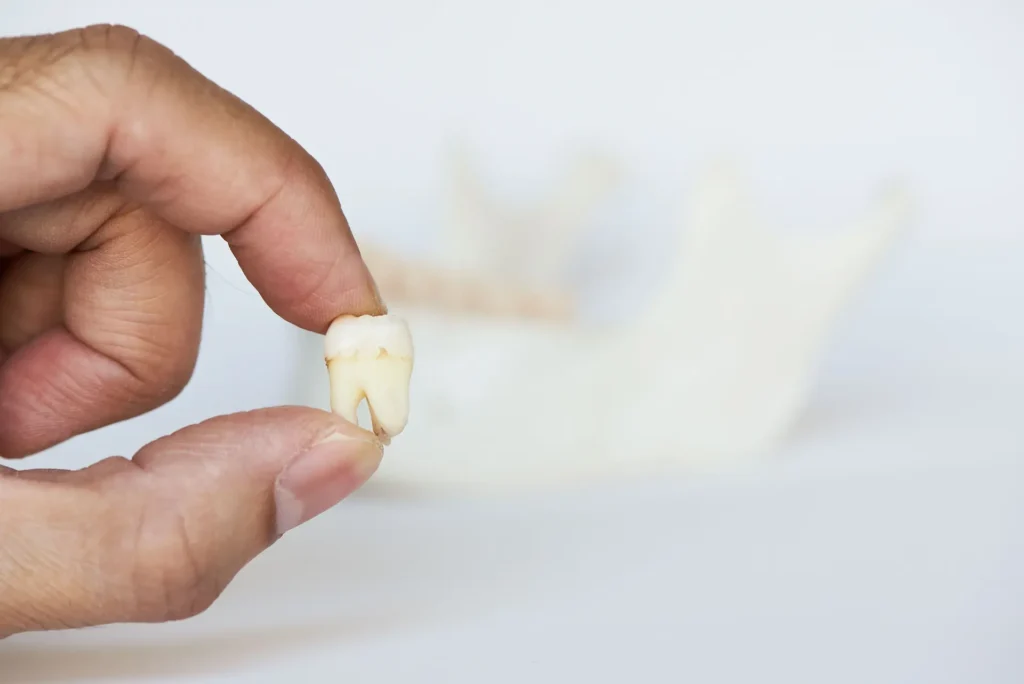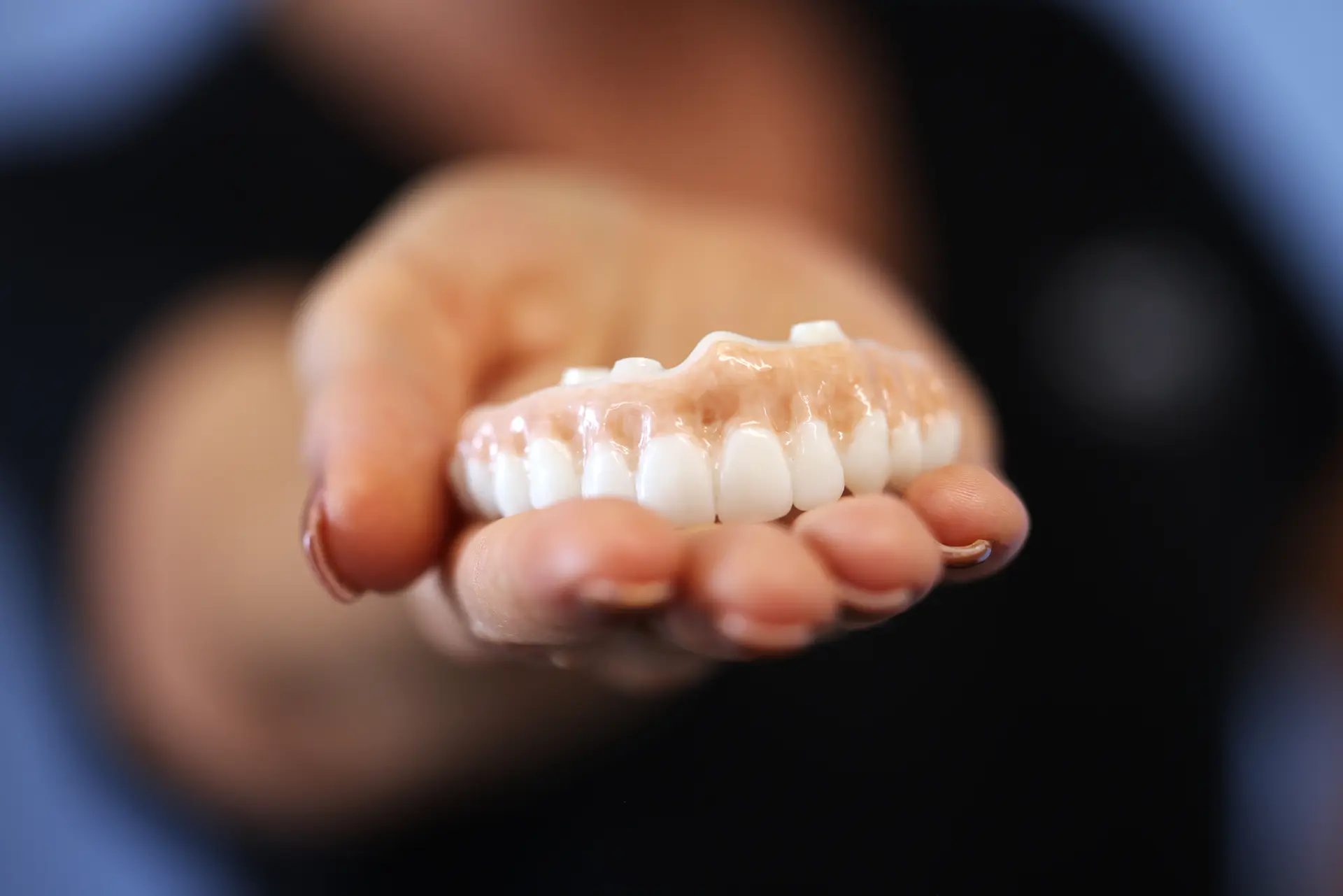Having enough jaw bone is vital for your teeth and facial structure, as this is the bone responsible for shaping your face and ensuring it remains symmetrical. Besides the aesthetics, your jawbone is also vital for holding your teeth in place, keeping them secure and aligned.
However, various factors can cause bone loss in the jaw. It is a common issue that affects many people, and it can happen for reasons like losing a tooth, gum disease, or not taking proper care of your teeth. When you lose bone in your mouth, it can affect your ability to chew, speak, and smile confidently.
Restoring bone density is crucial for maintaining good oral health and preventing further dental problems. This guide will help you understand how to restore bone loss and maintain healthy teeth.
Causes and Consequences of Dental Bone Loss
Dental bone loss can result from several factors, and understanding these causes can help you take preventive measures to protect your oral health.
Common causes of dental bone loss include the following:
Tooth loss
When a tooth is lost, the jawbone in that area starts to deteriorate. The bone no longer receives the necessary stimulation from chewing, leading to bone resorption over time.
Gum disease
Periodontal disease is a severe infection of the gums that can damage the bone supporting your teeth. As the infection progresses, it causes the gums to pull away from the teeth, creating pockets that can become infected. This process can eventually lead to bone loss.
Inadequate oral care
Poor oral hygiene allows plaque and tartar to build up on your teeth. Over time, this can cause gum disease, which, if left untreated, can result in bone loss. Brushing and flossing regularly are essential to prevent this.
The impact of dental bone loss extends beyond just your oral health. Here are some of the consequences you might face:
- Loose teeth
- Changes in facial structure
- Difficulty chewing and speaking
- Bone loss can also lead to tooth decay, gum disease, etc.
Understanding the causes and consequences of dental bone loss is essential. By being aware of these factors, you can take proactive steps to maintain your bone health and prevent further complications.
Understanding Bone Composition and Growth

Healthy bones are essential for maintaining the structure and function of your teeth and jaw. Your bones are made up of various components that give them strength and flexibility. Collagen, a protein, provides a soft framework. Calcium phosphate, a mineral, hardens and strengthens this framework. Bone cells, including osteoblasts, which build bone, and osteoclasts, which break down bone, are vital for maintaining bone health.
Impact on bone density
Bone density refers to the amount of bone tissue in a specific volume of bone. High bone density means your bones are strong and less likely to break. Low bone density can lead to weaker bones and a higher risk of fractures and bone loss.
Understanding these processes helps you see why maintaining healthy bones is important. Ensuring a balance between bone growth and resorption is key to keeping your jawbone strong and healthy. This balance can be influenced by your diet, lifestyle, and overall oral care.
Natural Methods for Regrowing Bone
Supporting bone health naturally involves ensuring you get the right nutrients. Calcium and vitamin D are crucial for maintaining and improving bone density.
Calcium is a key mineral that strengthens your bones. To ensure you get enough calcium, include dairy products like milk, cheese, and yogurt in your diet. If you prefer non-dairy options, leafy green vegetables, almonds, and fortified foods can also provide a good amount of calcium.
Vitamin D helps your body absorb calcium. Sunlight is a natural source of vitamin D, so spending some time outdoors can boost your levels. You can also find vitamin D in fatty fish like salmon and mackerel and fortified foods such as milk and cereal.
Taking supplements can be another way to ensure you get enough of these essential nutrients. Consult with your healthcare provider before starting any new supplement to ensure it’s right for you.
While these nutrients can support bone health, it’s important to understand that they work best as part of a comprehensive approach that includes good oral hygiene and other preventive measures.
Preventive Measures for Maintaining Bone Density
Taking preventive measures can help you maintain bone density and avoid further bone loss around your teeth. Here are some important steps you can take:
- Maintain good oral hygiene.
- Quit smoking, as this can weaken your bones and gums, making bone loss more likely.
- Eat a balanced diet rich in essential nutrients to support overall bone health.
- Engage in regular physical activity, such as walking, jogging, or weight-bearing exercises.
- Limit your alcohol intake, as excessive drinking can interfere with your body’s ability to absorb calcium and other essential nutrients.
These preventive measures can help you maintain strong, healthy bones and reduce the risk of bone loss around your teeth.
How Dental Implants Can Help Restore Bone Loss in Teeth
Dental implants play a significant role in restoring bone density and addressing the consequences of dental bone loss. When you lose a tooth, the jawbone in that area starts to deteriorate because it no longer receives the necessary stimulation from chewing. Dental implants can help counteract this process.
Implants act as new tooth roots, providing the stimulation needed to prevent further bone loss. They help maintain the structure of your jaw and keep your remaining teeth in place. This can also improve your ability to chew and speak properly.
At NuSet Dental Implants and Oral Surgery, we use advanced implant techniques to ensure the best results for our patients. Our dental implants not only replace missing teeth but also promote bone growth and stability.
Regain Your Smile with NuSet Dental Implants and Oral Surgery
Taking care of your oral health and preventing bone loss is essential for a confident smile. By following natural methods and preventive measures, you can support your bone health and avoid further complications.
NuSet is here to help you every step of the way. Our dental implant services are designed to restore bone density and improve your overall oral health. Trust our experienced team to provide personalized care and effective solutions. Schedule a consultation with us today and take the first step towards a healthier, more confident smile.
Frequently Asked Questions
Can bone loss in teeth be reversed?
Bone loss in teeth can be managed, and its progression can be slowed down, but a complete reversal is difficult to achieve naturally and can only be achieved with dental implants and bone grafting.
Can teeth with bone loss be saved?
Yes, teeth with bone loss can often be saved with proper treatment. Procedures like deep cleaning, scaling, and root planing can remove bacteria and reduce inflammation. Bone grafting can help regenerate lost bone, providing a stronger foundation for your teeth. Maintaining good oral hygiene and regular dental check-ups are essential to manage and treat bone loss effectively, preserving your natural teeth as long as possible.
Can you get bone density back in your teeth?
You can improve bone density around your teeth with treatments like bone grafting and dental implants. Bone grafting involves adding bone material to the affected area, which can stimulate new bone growth and increase density. Dental implants can also promote bone growth by providing the necessary stimulation that prevents further bone loss. Combining these treatments with a healthy diet rich in calcium and vitamin D, regular exercise, and good oral hygiene can help support and maintain bone density.





